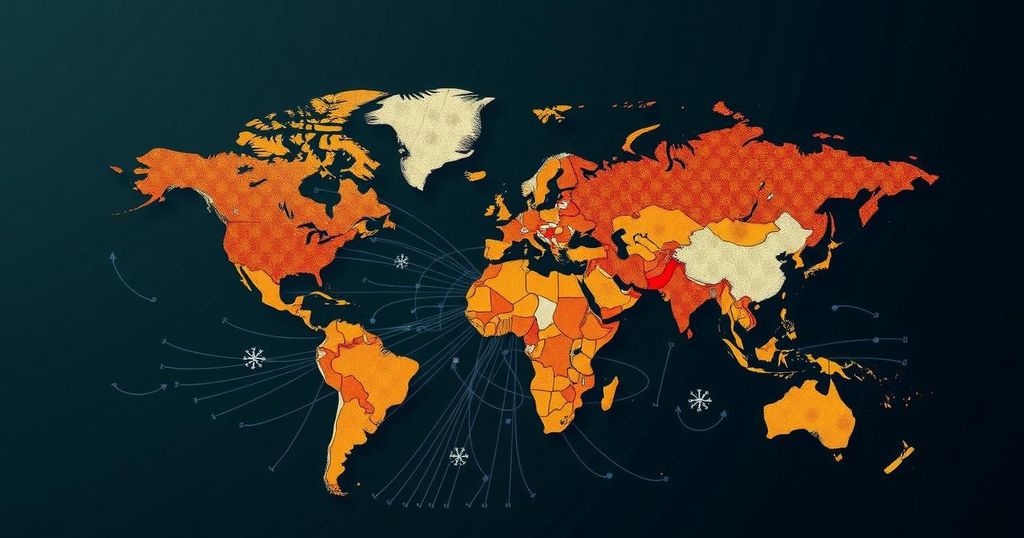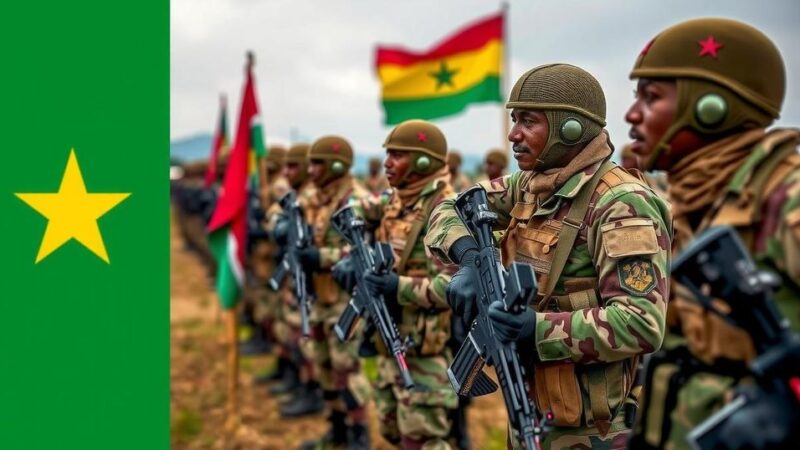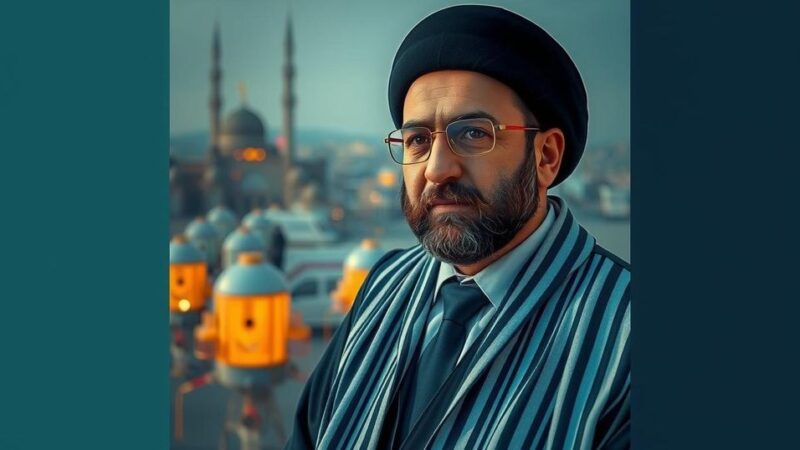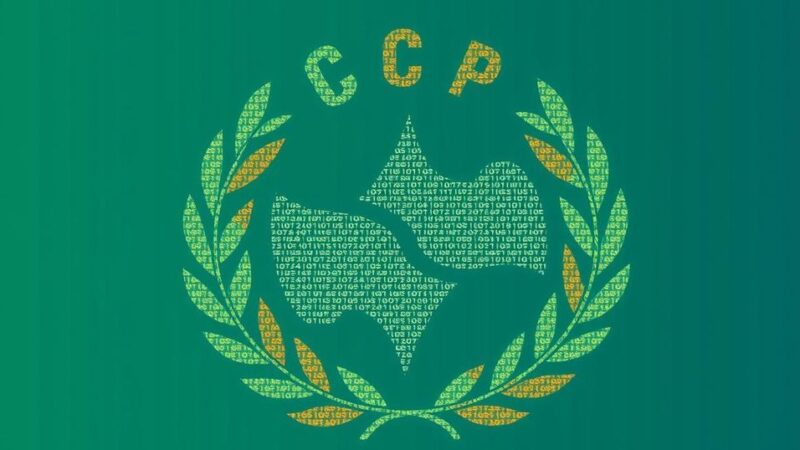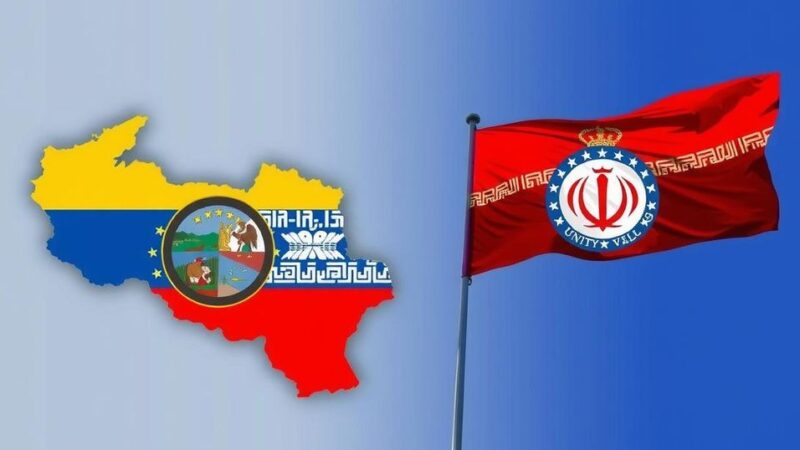South Africa has submitted substantial evidence to the ICJ, alleging that Israel has committed genocidal acts against the Palestinian people in Gaza. This memorial, comprising over 750 pages, details various violations of the Genocide Convention attributed to Israel, emphasizing the urgent need for international accountability and humanitarian intervention.
On Monday, South Africa presented substantial evidence to the International Court of Justice (ICJ), asserting that Israel has engaged in genocidal acts against the Palestinian population in Gaza. South Africa’s filing consists of a memorial dated October 28, 2024, which details over 750 pages of evidence, accompanied by supporting exhibits and annexes totaling more than 4,000 pages. This legal action follows South Africa’s initiative begun in December 2023, which accuses Israel of genocide committed against Palestinians in Gaza. Notably, as the evidence is sensitive and the memorial is not subject to public disclosure under ICJ protocols, it is submitted during a period marked by Israel’s intensified military actions that it seems to be extending into Lebanon. The South African Presidency emphasized that the memorial highlights Israel’s violations of the Genocide Convention, including measures that promote the destruction of the Palestinian populace in Gaza. Such acts reportedly include the use of overwhelming military force resulting in civilian casualties, impediments to humanitarian aid, and the enforcement of living conditions aimed at the physical destruction of the population. The submission also underscores Israel’s defiance of provisional measures previously mandated by the ICJ and describes the use of starvation as a strategic weapon. Further, the statement elucidated that the evidence collected aims to demonstrate Israel’s underlying intent to perpetrate genocide while also noting the state’s failure to suppress incitement to such acts. In addition, the Presidency reiterated the importance of international acknowledgment of the Palestinian plight, urging global solidarity to avert further humanitarian disasters in the region. Ultimately, South Africa called for an immediate ceasefire both in Palestine and Lebanon, emphasizing the necessity for a political framework that would lead to a just resolution for the region’s ongoing conflict. This legal action not only seeks judicial accountability but also serves as a critical reminder to the international community regarding its responsibilities toward the Palestinian people.
The ongoing conflict between Israel and Palestine has been characterized by severe violence and humanitarian crises, particularly in the Gaza Strip. South Africa’s submission to the ICJ arises from its historical position of support for Palestinian rights amidst allegations of genocide. Through this legal recourse, South Africa aims to hold Israel accountable for actions deemed violations of international law, specifically the Convention on the Prevention and Punishment of the Crime of Genocide. The recent escalation of military operations by Israel has heightened the urgency of this case as global awareness and discourse surrounding the humanitarian crisis in the region continue to evolve.
In summary, South Africa’s filing of evidence regarding alleged genocidal actions by Israel before the ICJ marks a critical juncture in the pursuit for international justice concerning the Palestinian plight. By presenting extensive documentation and evidence, South Africa seeks not only to hold Israel accountable but also to galvanize global action aimed at achieving peace and preventing further atrocities. This action serves as a powerful reminder of the need for international vigilance and intervention in humanitarian crises.
Original Source: www.dailynewsegypt.com
